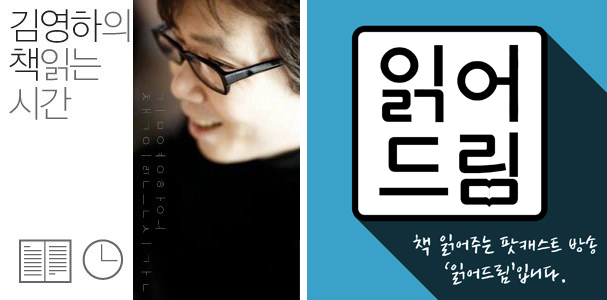
We took a different route down from Eugene so we could continue stopping in different cities than we had on the way up. But given the total time we’d blocked out for the road trip, this meant we had to take the stretch from Eugene to Sunnyvale, the site of our next overnight stay, in one day. Google Maps said it would take eight and a half hours, but either it lied or I took too long buying comic books at More Fun when we made our second stop in Ashland. In any case, we left in the morning and got there, over 500 freeway miles later (quite a few of them on freeways I’d never heard of, during which I felt sure we would soon arrive when in reality we had hours to go), at night.
American culture, such as it is, has so internalized driving that this sort of haul has become, if not an everyday accomplishment, then a task pretty much everyone finds themselves doing sooner or later. Strategies to handle it vary from era to era and American to American, but I find that a steady flow of podcasts helps. We listened to almost nothing but 책 읽는 시간, or Time to Read a Book, Korean writer Kim Young-ha’s podcast where he reads aloud and comments on short works of fiction by authors from Asia and the west, his own included. The world of Korean podcasts has produced several such shows (I also like 읽어드림), and on this trip with so few opportunities for day-to-day practice, they at least helped keep my listening skills up. (It greatly improves one’s overall well-being to maintain solid daily block of study time — and work time and exercise time, for that matter — on the road, but we had to keep moving.)

I barely ever drive in everyday life, so every three hours, I found myself simply having to get out of the car and stand around. And I didn’t always follow this rule, but I think it works best to stop for more small meals rather than fewer large ones. “Hearty eating” is your enemy in 21st century America, especially when you have to spend all day in a car. Nevertheless, we ate heartily and gratefully upon arriving at the home of another Korean-and-American couple (for those playing the intercultural coupling home game, they go on the list including the other Korean-and-American couple in Alameda, the Filipino-and-American couple in Seattle, the South African-and-American couple in Vancouver, the half-Japanese-and-half-Japanese couple in Eugene, and the Korean-and-American couple taking this very trip) who moved to Sunnyvale from Pasadena a few months ago.

The nighttime approach to the city past office park after colossal office park reminded me of nothing so much as Orange County — and in some ways, Silicon Valley stands as one of San Francisco’s Orange County equivalents — but in the light of day I found their actual neighborhood, a classically postwar sort of place, free of the sort of McMansions one expects in “the O.C.” You can also walk from there to the Philz Coffee, which, though that San Francisco chain has recently made inroads into Los Angeles proper, has yet to become a possibility in points farther south. You can also bike to Cupertino, home of Apple headquarters, to eat in the company cafeteria, as the American husband does nearly every day to have lunch with his Korean wife, whose new Apple job necessitated their move.

She offered us a couple of guest badges to join her for one last proper meal before heading back to Los Angeles, and we did not, to put it mildly, refuse. In middle school, I once signed up for a week of tours around the then-hot tech companies that had established themselves in and around Seattle (we of course went to Microsoft, but also the likes of Starwave), coming away not quite understanding what most of them did but nevertheless deeply impressed with the food available right there in their offices. (I would later have the exact same experience touring college campuses.) But it turns out that tech-company food has come almost as far as technology itself, and we faced a difficult choice between all the tasty-looking offerings at the stations built into this giant iPod of an eatery. Having met the friends that brought us here through Korean language classes in Los Angeles, I ultimately went with the day’s “Korean pulled pork special” in a nod to the culture that brought us together in the first place.

At Apple, you talk about Google and Facebook — and more to the point, about the food at Google and Facebook. Word on the street says that, while those other big two of the big three do feed you for free rather than just at subsidized prices, for the highest pure culinary quality, you go with Apple every time. (And besides, at Google you’re subject to their endless psychological experimentation to get you to eat less: floppy trays, opaque candy jars, and so on.) Our plates of fish and Korean sandwiches and bowls of grilled shishito peppers and mushroom soup, priced down into reasonability by the company’s vast resources, attested to that, as did the one-dollar espresso at the cafeteria’s coffee bar. But I think I got an even better deal than that: black coffee not just for free, but dispensed out of a spout controlled by an iPad. We’d left home on a road trip, but arrived in the future.
